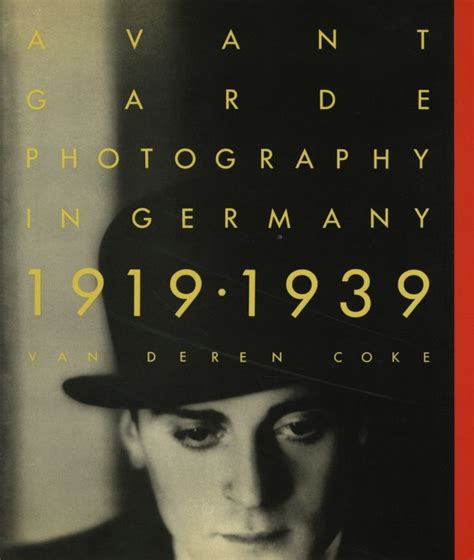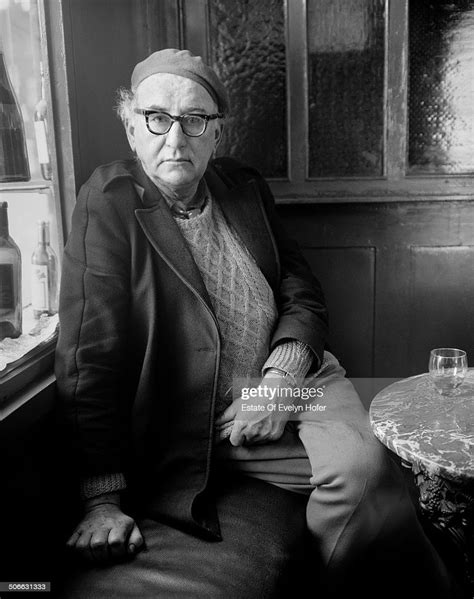A Quote by C. S. Lewis
A work of (whatever) art can be either 'received' or 'used'. ...'Using' is inferior to 'reception' because art, if used rather than received, merely facilitates, brightens, relieves or palliates our life, and does not add to it ... When the art in question is literature a complication arises, for to 'receive' significant words is always, in one sense, to 'use' them, to go through and beyond them to an imagined something which is not itself verbal.
Related Quotes
What strikes me is the fact that in our society, art has become something which is related only to objects and not to individuals, or to life. That art is something which is specialized or which is done by experts who are artists. But couldn't everyone's life become a work of art? Why should the lamp or the house be an art object, but not our life?
Art makes people do a double take and then, if they're looking at the picture, maybe they'll read the text under it that says, "Come to Union Square, For Anti-War Meeting Friday." I've been operating that way ever since - that art is a means to an end rather than simply an end in itself. In art school we're always taught that art is an end in itself - art for art's sake, expressing yourself, and that that's enough.
The art is more important than the artist. The work is more important than the person who does it. You must be prepared to sacrifice all the you could possibly have, be, or do; you must be willing to go all the way for your art. If it is a question between choosing between your life and a work of art -- any work of art -- your decision is made for you.
All art is propaganda, and ever must be, despite the wailing of the purists. I stand in utter shamelessness and say that whatever art I have for writing has been used always for propaganda for gaining the right of black folk to love and enjoy. I do not care a damn for any art that is not used for propaganda.
In the dear dead days beyond recall, when I was in my prime as a film critic, the industry was booming. Hollywood, to give them their due, always called it the industry, through quite a few imagined it as an art form and went through several hours regularly at tiresome films in the sacred cause of art.
What makes art Christian art? Is it simply Christian artists painting biblical subjects like Jeremiah? Or, by attaching a halo, does that suddenly make something Christian art? Must the artist’s subject be religious to be Christian? I don’t think so. There is a certain sense in which art is its own justification. If art is good art, if it is true art, if it is beautiful art, then it is bearing witness to the Author of the good, the true, and the beautiful





































